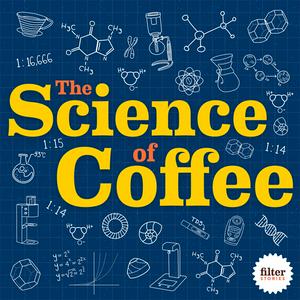If you ask two specialty professionals what makes a high-quality coffee, you’ll likely get a surprisingly consistent answer: clean, sweet, juicy, bright. To an outsider, they would be forgiven for thinking coffee quality is universally defined.
But the truth is more sober.
In this episode, we examine how a simple cupping form helped create a universal idea of quality. We then look at the evidence that, in fact, it’s just the personal preferences of a small group of people masquerading as universal quality.
Please support my work directly at Ko-fi.com/FilterStories
Other ways you can help:
Leave a 5 star rating on Spotify
Follow me on Instagram and tag me in an Instagram story
Write a review on Apple Podcasts
Discover how I make these Filter Stories episodes by subscribing to my Substack newsletter
Go deeper into the story of quality:
2004 cupping form from the Specialty Coffee Association of America
SCAA Coffee Cuppers Handbook (4th edition, 2011)
Cup of Excellence cupping form
Kenneth Liberman's book, "Tasting Coffee: An Inquiry into Objectivity"
SCA's video series on the CVA presented by Peter Giuliano
How does Perfect Moose detect what kind of milk is in the pitcher? Click here to find out.
What kind of racing car does the Gaggia Classic GT home espresso machine remind you of? Use discount code FS202610 to get 10% off.
What does the Marco MilkPal look like to you? WALL-E? Something Steve Jobs would be proud of? Check it out here.


